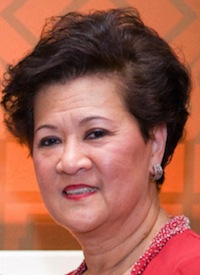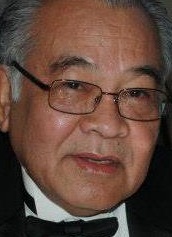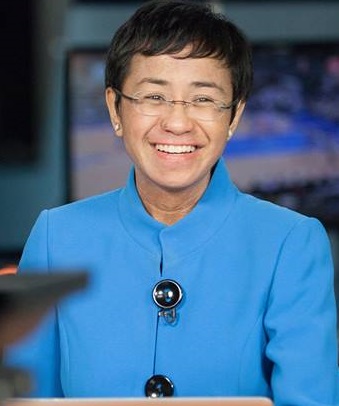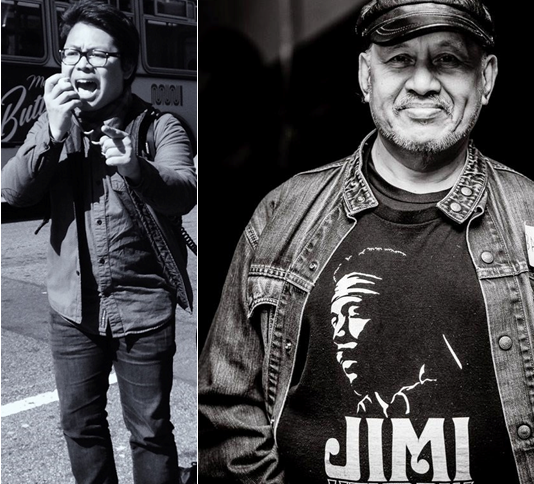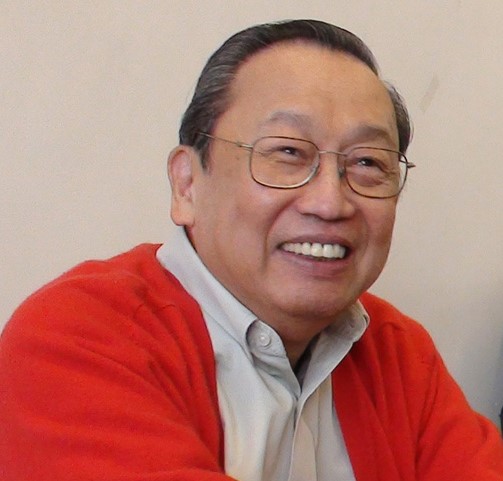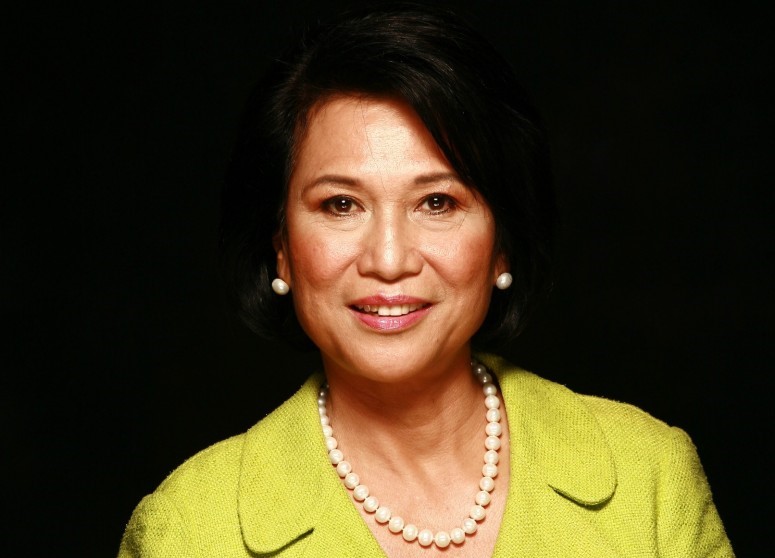From nerd to communist cadre, the arc of Edjop’s life
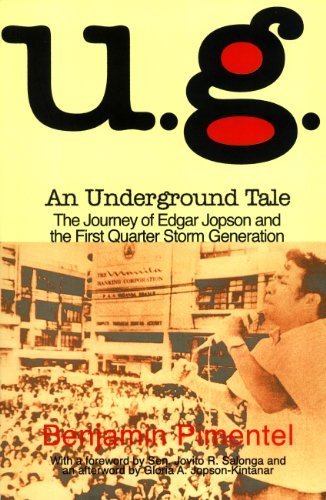
By Allen Gaborro
Rare is the man who is so
driven by conviction and ideology that he sacrifices a comfortable bourgeois
existence for the austere and dangerous life of a clandestine radical. That is
exactly what Edgar Jopson did as a prominent student leader at the Ateneo
University and as a leading communist figure during the darkest days of the
Ferdinand Marcos dictatorship.
Benjamin Pimentel, himself a former Atenean, goes into the sociohistorical
conditions and personal circumstances leading up to Jopson’s decision to join
the Communist Party in the Philippines in his book “U.G., An Underground Tale:
The Journey of Edgar Jopson and the First Quarter Storm Generation.”
“U.G.” paints a portrait of Jopson as a very young man, a portrait which does not envisage the path that he eventually chose for himself. Pimentel reveals that Jopson — or “Edjop” as he was affectionately known — was a devoted Catholic during his high school days at Ateneo. At one point, Edjop even entertained thoughts of entering the priesthood. We also learn that his short physical stature made some potential female dates problematic and that he was perceived as a “nerd” by other students. Like many other college-aged Filipinos, he fancied a career in business upon his graduation.
This was Edjop’s story before he was engulfed by the Philippines’ political storms. Motivated by an overriding sense of social justice and equality, Edjop left his life of relative simplicity to get involved in the tumultuous world of political struggle. In 1969, Edjop was elected as the president of Ateneo’s student council. By 1970, he won another election, this time as the president of the National Union of Students of the Philippines (NUSP), the country’s largest student organization.
As the conscientious and expressive intellectual that he was, Edjop took on a moderate stance when it came to navigating the turbulent waters of the First Quarter Storm student uprisings in 1970. However, he was pounced upon by Filipino radicals for keeping to that stance. Considered to be prone to debilitating compromise rather than be committed to revolutionary theory and praxis, those radicals labeled Edjop as a “reactionary” and as a “clerico-fascist.”
If anyone was ultimately responsible for converting Edjop from a left-leaning pragmatist into a card-carrying radical, it was Philippine President Ferdinand Marcos.
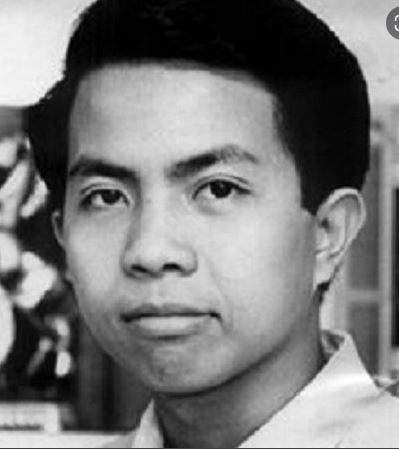
In “U.G.,” Pimentel cites a cadre, known only by the name of “Marcel,” as to the reasons why Edjop apostatized his reformist philosophy. According to Marcel, it was the failure of the 1971 Constitutional Convention and the 1972 declaration of martial law that dissuaded Edjop once and for all from seeking peaceful reforms. That certainly makes sense for those two events were the political handiwork of Ferdinand Marcos who was surreptitiously vying for an unconstitutional third presidential term.
Indeed, Edjop incurred the wrath of Marcos when he demanded that the president sign a document in which he promised not to seek a third tenure. Marcos’s contemptuous response to Edjop’s demand became the stuff of Philippine political lore: “You’re only a son of a grocer.” Pimentel writes that Edjop enlisted in the Communist Party in 1973. This was anything but a slam-dunk decision for him as the Philippine Left, under constant pressure from Marcos’s security forces, was not in the best shape.
Edjop would consequently begin his life in the shadows. Working fervently to advance the Communist Party’s socio-political agenda, Edjop assumed several aliases as he found himself continuously on the run. By 1979, he would be designated as one of the most wanted people in the Philippines. Edjop’s adversaries would finally catch up to him in 1982, when he was killed in a military raid in Davao City.
“U.G.” is an industrious reworking of a subject that is quite familiar to its author. Pimentel after all, has composed other pieces about Edgar Jopson in the past. His book comes off as an intriguing annal of a courageous individual and his heroic crusade against social inequality and political persecution.
Support independent bookstores! Bookshop is an online bookstore with a mission to financially support local, independent bookstores. Below is a link to TheFilam.net Bookshop page.
© The FilAm 2022

